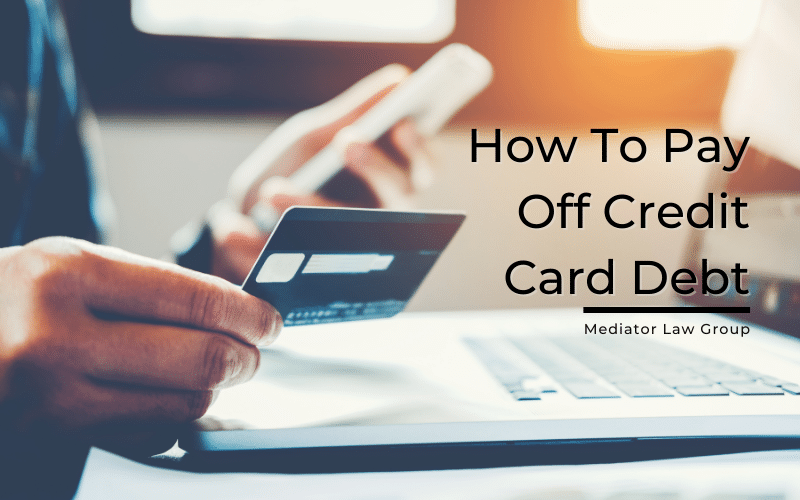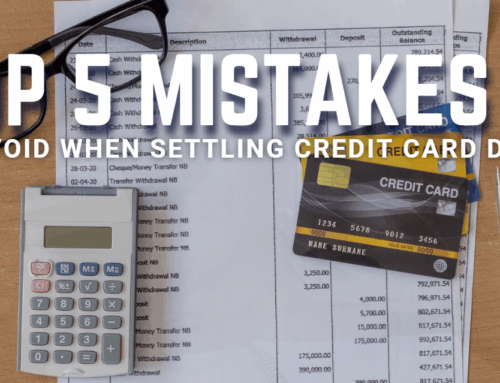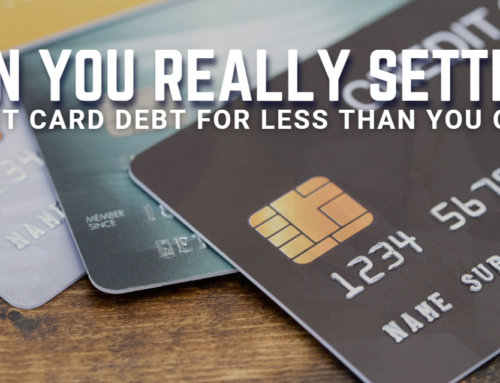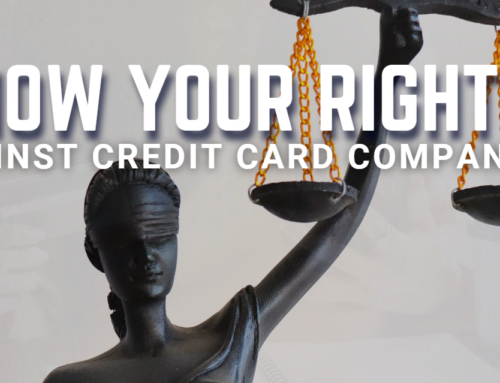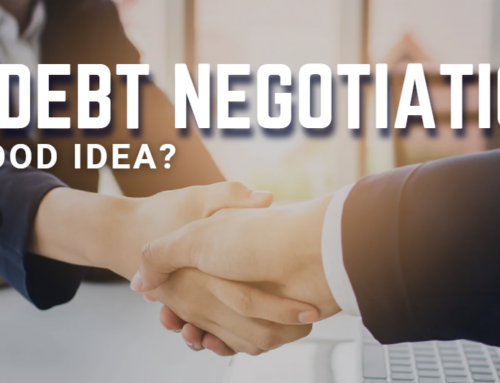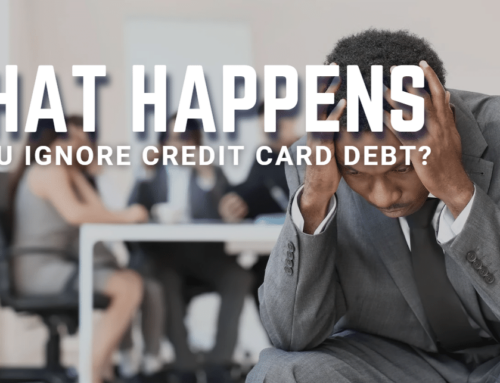If you have credit card debt, you’re not alone! According to Experian, about 61% of Americans own a credit card and have an average debt of $6,194. While obtaining a card that allows you to earn a lot of benefits can be beneficial, all of those savings are meaningless if you have a balance and are paying high interest.
There are several strategies to pay off credit card debt, but not all of them are created equal. If you want to take the bull by the horns and tackle your debt head-on, you’ll need to consider interest rates, fees, how much you can afford to pay, and more before making a decision.
Pay off your credit card debt today in order to be debt-free! Check out these 5 tips:
- Stick to A Budget
- Get A Side Job
- Create A Budget Calendar
- Make More Than Minimum Payments
- Seek Help From a Debt Relief Company
- Stick To A Budget
The best way to get out of debt is to make a budget for yourself. How much money do you make every month? How much money is coming in and how much is going out? Right off the bat, making a budget will give you an idea of where your money goes each month. Ask yourself the following questions while you make your budget:
- Are you spending more than what’s coming in?
- Are you constantly using your credit cards?
- How much are your monthly bills, like rent or mortgage payments, internet, cell phone, etc.?
- How much does food cost each week/month?
- How about gas for car trips to work/that last-minute shopping trip?
- How much are you spending on entertainment, like going out to eat with friends or taking trips to the movies?
- How much are your variable expenses, like emergencies or holidays/special occasions?
- Get A Side Job
Doing a little extra work on the side can pay off big time when it comes to having extra cash to apply towards your debt. This isn’t always an easy task but sometimes being creative will help get the job done. Ask yourself:
- How can you make a little extra money?
- Can you babysit on the weekends to help pay off that credit card bill?
- How about tutoring kids after school or on the weekends for some extra cash?
- How about selling items that don’t get used anymore, like clothes or electronics?
- How about eating more home-cooked meals rather than eating out at restaurants all of the time?
If there are things you need/want but can do without, sell them! You could even consider taking up yard sales as a hobby. The key is to do anything and everything in order to change those spending habits.
- Create A Budget Calendar
For those who want to take this budgeting thing to another level, creating a budget calendar is key. Ask yourself:
- How much money will you be using towards your debt each month?
- How much can you realistically put toward your debt each week/month until it is paid off?
- How about bi-weekly or even weekly payments?
- How long will it take to pay off your debt if you make x amount of dollars per month to put towards the debt?
- If there are things in your budget that are fixed, like bills or rent/mortgage payments, then what about variable expenses that are flexible, like entertainment or shopping trips?
- How long will those last before you run out of money?
- How can you change them so that they’re still available for use without compromising your end goal of paying down debt as quickly as possible?
- Make More Than Minimum Payments
The minimum payment on credit cards often won’t put a dent in your credit card balances. Ask yourself:
- How about making more than minimum payments?
- How much can you realistically pay towards your credit card debt each month until it is paid off?
- How much interest are you paying?
Why are these questions important? Because this will likely determine how long it takes to pay down your debt. Try not only to make the minimum payment but also to add additional money to it. This can be an effective way to get out of debt quickly and save on interest at the same time!
- Seek Help From a Debt Relief Company
Consider debt relief measures, such as bankruptcy or a debt management program, if the overall amount you owe is more than you can pay on a monthly basis and you’re finding it difficult to manage your debts. Consider bankruptcy or a debt management plan as viable options for debt relief.
- Debt management plan
Choosing the right debt management firm is critical. Debt management plans are developed with the help of a nonprofit credit counseling organization. Your creditors’ new terms and debts are negotiated by counselors.
After you’ve received help from a counselor (psychotherapy, in this instance), the payments will cease. You’ll pay your therapy agency a set monthly fee. Your credit accounts may be closed, and you may be unable to open new ones for a while.
- Bankruptcy
Filing for Chapter 7 bankruptcy relieves you of unsecured debt, but it comes at a cost. Chapter 13 bankruptcy may help you reorganize your debts into a payment plan that lasts three to five years and is ideal for those who wish to keep their belongings.
The downside? Bankruptcy can stay on your credit report for 7 to 10 years. Also, some debts, like student loans and tax debt, typically can’t be erased in bankruptcy. Click here to learn more about bankruptcy.
- Debt Settlement
A creditor agrees to accept less than the amount you owe in debt settlement. Even though it may sound like a good deal, it’s not the best option if you want to do it by yourself. Typically, you hire a debt settlement company to negotiate with your creditors on your behalf and this makes the process a lot easier. Click here to learn more about the debt settlement process.
Consequences of Not Paying Off Credit Card Debt
People with credit card debt have been shown to be at a higher risk of bankruptcy. If you don’t have enough money to pay for your expenses and your credit card bill, it can put a lot of stress on both your physical health and mental health. For example:
- How about having a hard time paying for housing?
- Or not being able to afford groceries or going without electricity because you can’t keep up with the bills after already having missed a few payments?
- And what happens if you’re not able to travel or go out on vacation with family or friends because of your debt, even though that is something that would make you happy?
Also, having a high credit score can bring you really good benefits. Like what?
- Easily renting an apartment/getting approved for an apartment.
- Being able to purchase a new house/car.
- Getting accepted to college!
But, how could you enjoy these if you’re struggling with credit card debt? You simply couldn’t.
Benefits of Paying Off Credit Card Debt
How will life be different once you pay off all that extra debt? Financially speaking, it will be much, much easier! Just think how much more free time you will have if you aren’t working 40-60 hours a week to pay off your debt. Or just simply being able to save and invest in your future instead of wasting it on interest!
How To Pay Off Credit Card Debt Review
If you’re new to credit card debt or you’ve been struggling for a while now, these tips will surely help you. And if you need an extra hand, contact Mediator Law Group today.

